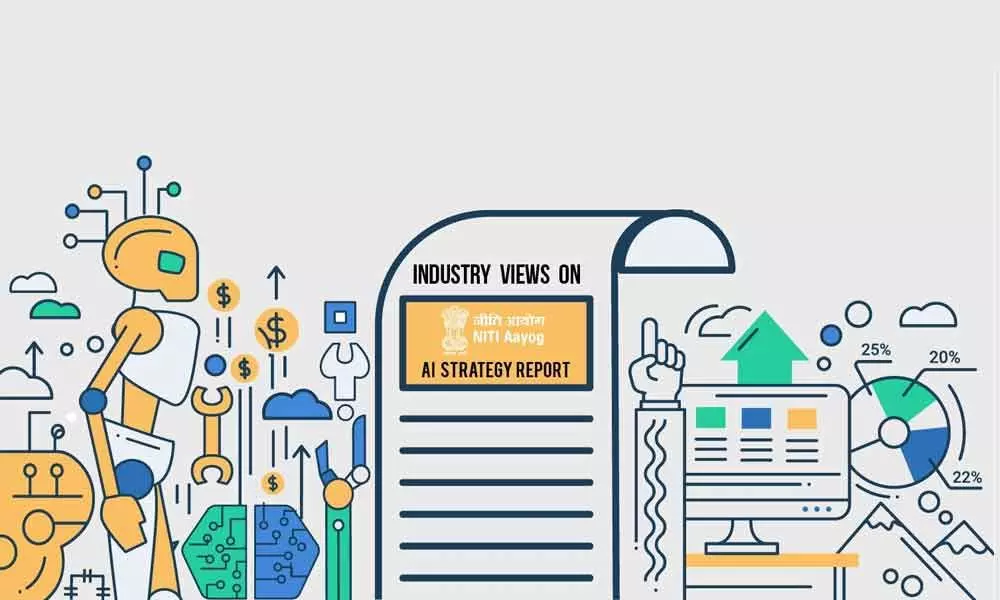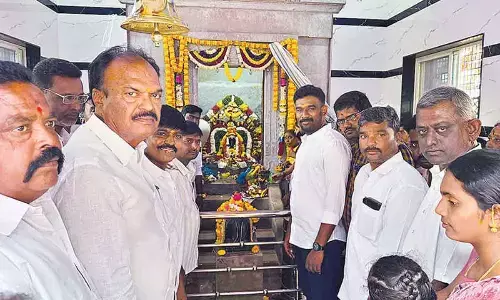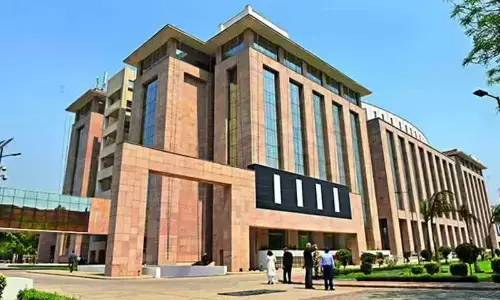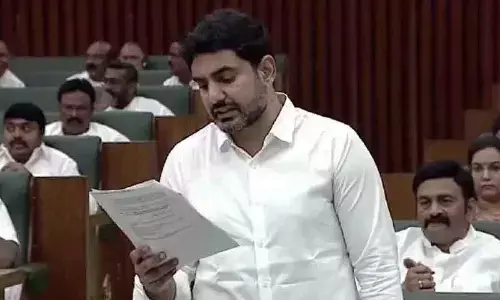Is Niti Aayog doing its job right?

Is Niti Aayog doing its job right?
Was it a correct decision to scrap Planning Commission?
When the Parliament held its monsoon session from September 14 amidst the Covid crisis, many bills have been passed despite opposition boycott and protests. The bills passed include The Indian Institutes of Information Technology Laws (Amendment) Bill; The Essential Commodities (Amendment) Bill; The Banking Regulation (Amendment) Bill; The Companies (Amendment) Bill; The National Forensic Sciences University Bill; The Rashtriya Raksha University Bill and The Taxation and Other Laws (Relaxation and Amendment of Certain Provisions) Bill and the Farm Bills
Criticism by opposition in Parliament when the sessions are underway is an usual occurrence. But this time, the opposition in Rajya Sabha--the House of States--was up in arms against the passage of the bills, particularly the farm bills.The opposition contention is that the farm billsare against the interests of the farmers and farm workers.
Incidentally, States like Kerala, Telangana, West Bengal, Jharkhand, Maharashtra, Chhattisgarh, Rajasthan and Punjab opposed the Farm Bills. The Union Territory, which opposed these bills, is Puducherry. These States have, in the past, supported various bills brought by the NDA government.
When we look at the bills being criticised by the States -- electricity, farm and labour bills-- they in a way pertain to the financial distribution between the States and the Centre. Thus, in this backdrop, the think tank Niti Aayog assumes significance as it is the body to decide on the financial relations between the States and the Centre.
To foster cooperative federalism through structured support initiatives and mechanisms with the States on a continuous basis, recognising that strong States make a strong nation, the Niti Aayog was established by the NDA government in 2015. The Chief Ministers of the States and UTs are its members. The Niti Aayog replaced the Planning Commission which was the centralised body to achieve greater federalism with the inclusion of States' CMs in it.
Keeping this in mind, let us analyse how far the States are correct in their contention that the labour bills, farm bills and electricity bill will cut into the States'powers. In June last year, the government decided to condense 44 existing labour laws into four codes. The move was expected to help foreign companies do business in India -- a process that was crucial in view of the economic downturn.
The codes involved social security, occupational safety, health and working conditions and industrial relations. One of the codes, the Code on Wages Bill, 2019, has already been passed. Union Labour Minister Santosh Gangwar said they will provide a "safe environment" for workers. "Social security benefits have also been added. This will be in sync with Prime Minister Narendra Modi's resolve for universal social security."
The government claims that these bills will bring in reforms to ensure easier compliance with labour standards worldwide. This, in turn, will help bring in foreign investment. The bills make it easier to lay off workers and put restrictions on their right to protest.
The Industrial Relations Code Bill allows companies with up to 300 workers to lay off people without the State government's approval.The proposed bill on health and occupational safety helps only those working in factories, mines and docks and hence it is not universal in nature, contend the labour unions.
The farm bills make it easier for farmers to sell their produce directly to private buyers and enter into a contract with private companies. The government hopes private sector investments will stimulate growth. The government also says the monopoly of APMC mandis will end but they will not be shut down and that the Minimum Support Price (MSP)– the price at which the government buys farm produce – will not be scrapped.
The new laws give farmers additional choices to sell their produce anywhere in the country, in contrast to the earlier situation where inter-state trade was not allowed. But the State governments stand to lose their part of income from tax revenues as trade move out from State or private domain [the middlemen] directly to the farmers.
Whereas, talking about the electricity bills, on April 17, the Union Government issued a draft proposal for the amendment of Electricity Act 2003, in the form of draft Electricity Act (Amendment)Bill 2020, inviting comments from stakeholders within 21 days.
The draft bill aims to establish an Electricity Contract Enforcement Authority (ECEA) that will have the power of a civil court to settle disputes between power generation companies (gencos) and distribution companies (discoms).According to the draft, ECEA will have sole authority to adjudicate matters related to specific performance of contracts related to purchase or sale of power.
Several States, including Telangana, Maharashtra and Chhattisgarh, have alleged that the amendments will take away the autonomy of State-owned Discoms and State electricity regulators. This will, in turn, take away all their regulatory power and take a toll on the Discoms finances. The opposition parties say that the bill overrides and dominates the State Government's responsibility in the administration of generation, transmission and distribution of electricity. Lack of consultations indicates the failure of democracy.
The Niti Aayog, as it was established for promotion of federalism, should actually be involved in deliberations on every legislationwhich seeks to change the Center-State financial relations. The Union government should take inputs from the members of Niti Aayog, especially in matters concerning the financial distribution.
On the other hand, from time to time, the Chief Ministers also have to suggest ways in which the States' share can be increased for raising more finances. The Union government should strengthen federalism by trying to bridge the gaps between advanced and backward States.










